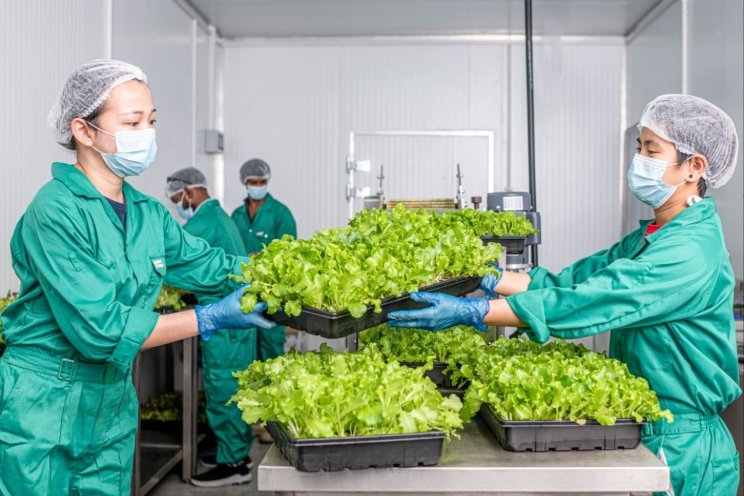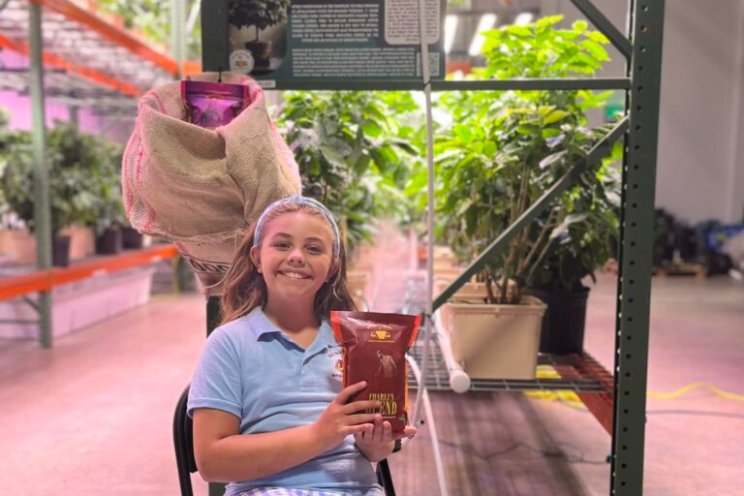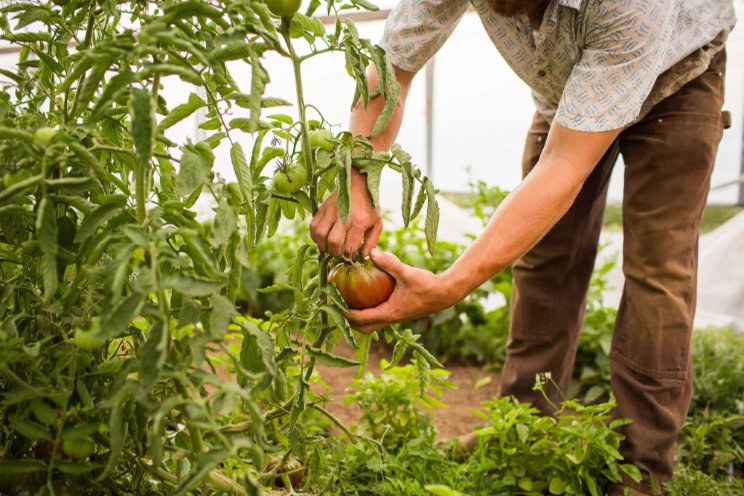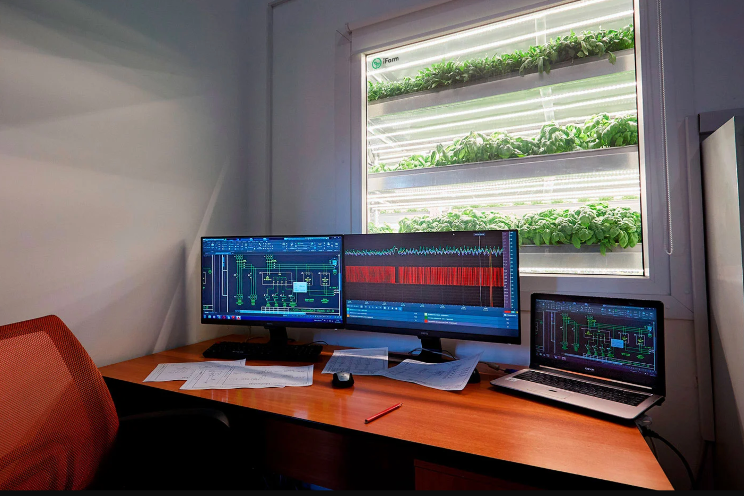How agritech is creating an urban farming ecosytem
Added on 26 October 2021

India, which produces 25% of the world's pulses, is also the second-largest producer of rice, wheat, sugarcane, cotton, groundnuts, and other essential food. While other nations in the Asia Pacific region also produce food for the global population, rapid development has led to a decrease in agricultural activities in some areas.
To ensure sustainability and availability of food, urban farming is growing in popularity in most urban areas. With the global urban farming market expected to reach US$ 236.4 billion by 2023, community gardening tools and home gardens are generating more revenue for small-scale farmers today. Urban Agriculture produces 20% of the world's food keeping engaged everyone in urban farming globally.
According to the UN World Food Program, a square meter area can provide potentially 20 kg of food per year. Moreover, urban farming is seen as a possible solution for the effects of climate change by providing green infrastructure options and consequently, it can play an important role in global food security.
In APAC, most urban cities often have little space for farming, especially in countries like Singapore. With minimal land available for farming, most farmers in Singapore opt for next-generation urban farms.
Urban farming in Singapore
Today, technology is enabling the development of next-generation urban farms like AbyFarm, a local agritech player. AbyFarm is a Singapore-based agri-tech company with a fully integrated unmanned self-sustainable smart farm-to-table platform. Aby Farm uses intelligent AI cloud-driven machinery — IOT, sensors, machinery, blockchain, data analysis, high-tech self-regulating farming system to attain high yield, high sustainability, and high traceability for food security.
AbyFarm collaborated with SPTel, an IoT-as-a-Service provider to address some of the challenges in agritech, especially in sourcing and identifying appropriate applications, sensors, and technologies. Most farms often end up using multiple IoT devices from different vendors, with hefty investments made on multiple platforms.
Read more on Agritech Future.
Photo created by rawpixel.com - www.freepik.com
Source: Agritech Future
More news















